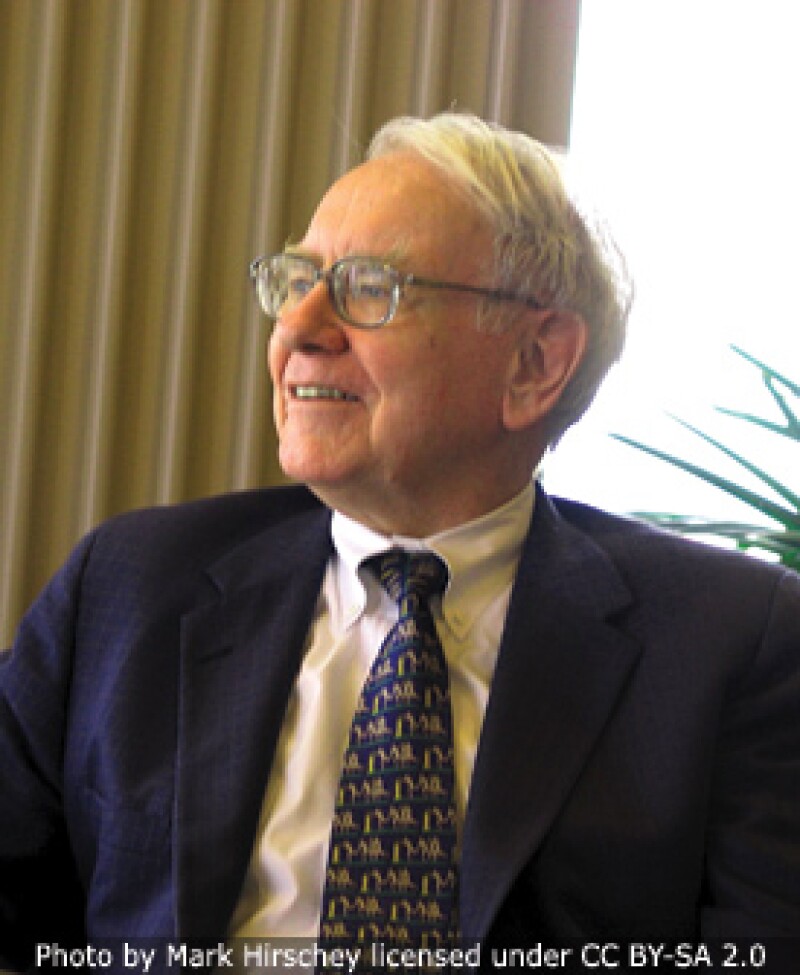
|
It is fair – excuse the pun – to say that the tax morality and fairness debate, while still relevant, has not quite ignited in the US in the same way it has in parts of Europe. Just ask Starbucks' UK representatives. However, one man that did not get this memo was Warren Buffett. In the past two years, the Sage of Omaha has been vocal on a number of tax issues, notably campaigning for higher taxation of the wealthy. The mainstream media in the US latched onto a statement Buffett made regarding his tax rate being higher than that of his secretary. This shunted the Sage into a politically-controlled spotlight as a business figure pin-up for tax reform. Business groups have been calling for a tax code overhaul for years, but getting it to the top of the agenda requires a populist angle. This angle came in the shape of Debbie Bosanek, Buffett's secretary, who was used as an example of the "unfairness" of the US tax system in President Obama's State of the Union address.
While the rate of capital gains tax went from 15% to 20% in 2013 (for those earning more than $400,000), a partial payroll tax holiday also expired, meaning that while Buffett's tax rate went up, so did his secretary's.
"I'll be a fair amount higher, eight or nine points higher," Buffett told CNBC in 2013. "But the differential between me and the rest of the office, not just my secretary but the rest of the office, was greater than that. It'll be closer, but I'll probably be the lowest paying taxpayer in the office."
The proposal for a Buffett rule – a minimum tax on high earners – found support from the President's office, but was staunchly opposed by Republicans.
However, Buffett has also articulated a key point in any tax fairness debate, showing why nebulous concepts cannot govern taxation.
"I will not pay a dime more of individual taxes than I owe, and I won't pay a dime more of corporate taxes than we owe. And that's very simple," Buffett told Fortune magazine.
And this year, the White House truly lost its pin-up when Buffett's Berkshire Hathaway helped to finance Burger King's $11 billion acquisition of Canadian coffee and doughnut chain Tim Hortons – an inversion transaction that will see the Miami-based fast-food outlet move its tax home to Canada.
With Obama describing inverting companies as "corporate deserters" and figures such as Ron Wyden, chairman of the Senate Finance Committee, calling the inversion trend a "virus", the label of Buffett as Democratic tax hero was no longer such an easy sell. The billionaire investor was now being slapped with the "hypocrite" label, and Democrats were left with egg on their faces for polarising the issue for the purposes of an election campaign. But they only have themselves to blame, peddling aggressive and divisive rhetoric against a tax structuring method that is within the boundaries of the tax code – the sametax code Congress has repeatedly failed to reform.
As the Wall Street Journal noted in August, "President Obama and Senate Democrats are going to need a new business front man" after being "officially abandoned by their erstwhile tax policy patron saint Warren Buffett".
The Global Tax 50 2014 |
||
|---|---|---|
| Gold tier (ranked in order of influence) 1. Jean-Claude Juncker 2. Pascal Saint-Amans 3. Donato Raponi 4. ICIJ 5. Jacob Lew 6. George Osborne 7. Jun Wang 8. Inverting pharmaceuticals 9. Rished Bade 10. Will Morris Silver tier (in alphabetic order) Joaquín Almunia • Apple • Justice Patrick Boyle • CTPA • Joe Hockey • IMF • Arun Jaitley • Marius Kohl • Tizhong Liao • Kosie Louw • Pierre Moscovici • Michael Noonan • Wolfgang Schäuble • Algirdas Šemeta • Robert Stack Bronze tier (in alphabetic order) Shinzo Abe • Alberto Arenas • Piet Battiau • Monica Bhatia • Bitcoin • Bono • Warren Buffett • ECJ Translators • Eurodad • Hungarian protestors • Indian Special Investigation Team (SIT) • Chris Jordan • Armando Lara Yaffar • McKesson • Patrick Odier • OECD printing facilities • Pier Carlo Padoan • Mariano Rajoy • Najib Razak • Alex Salmond • Skandia • Tax Justice Network • Edward Troup • Margrethe Vestager • Heinz Zourek |
||









